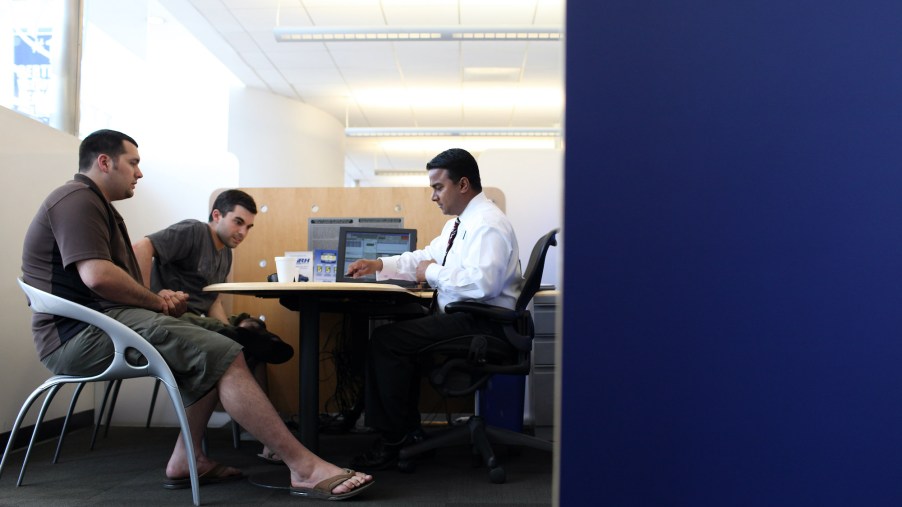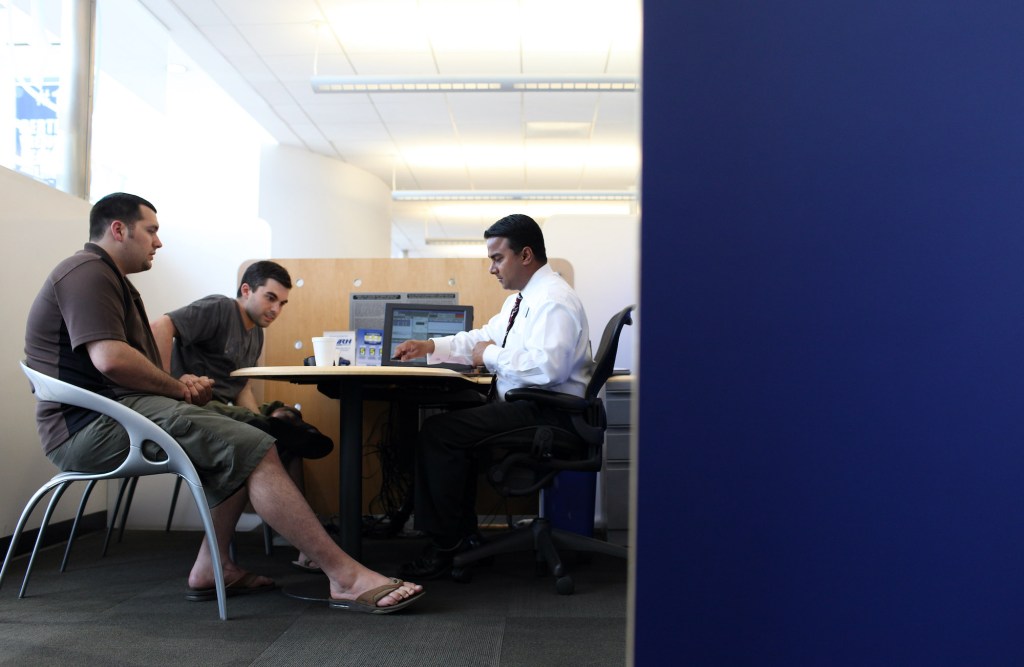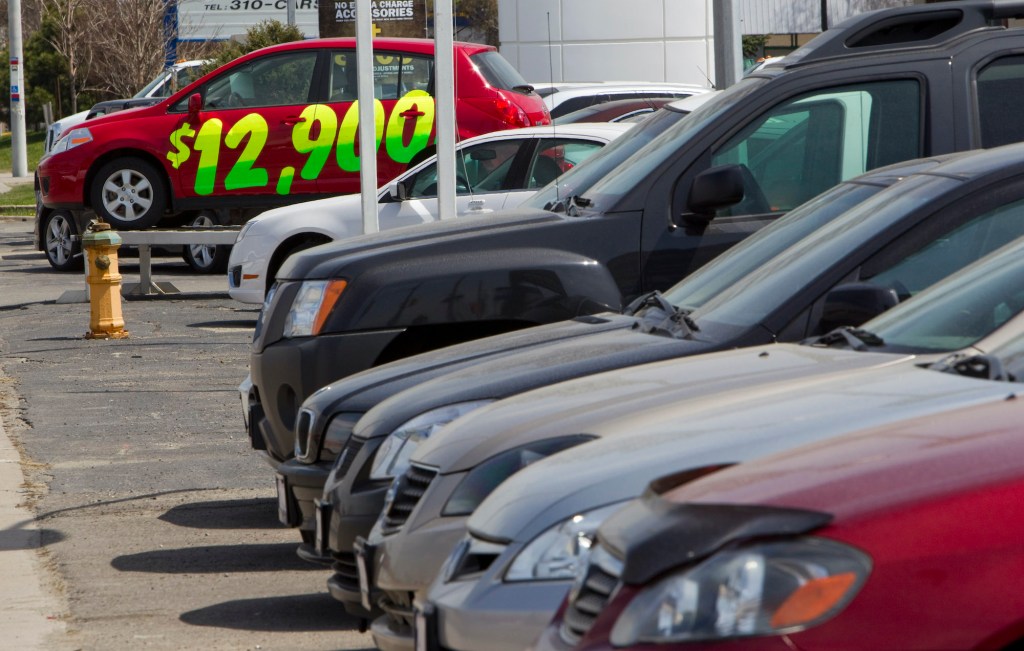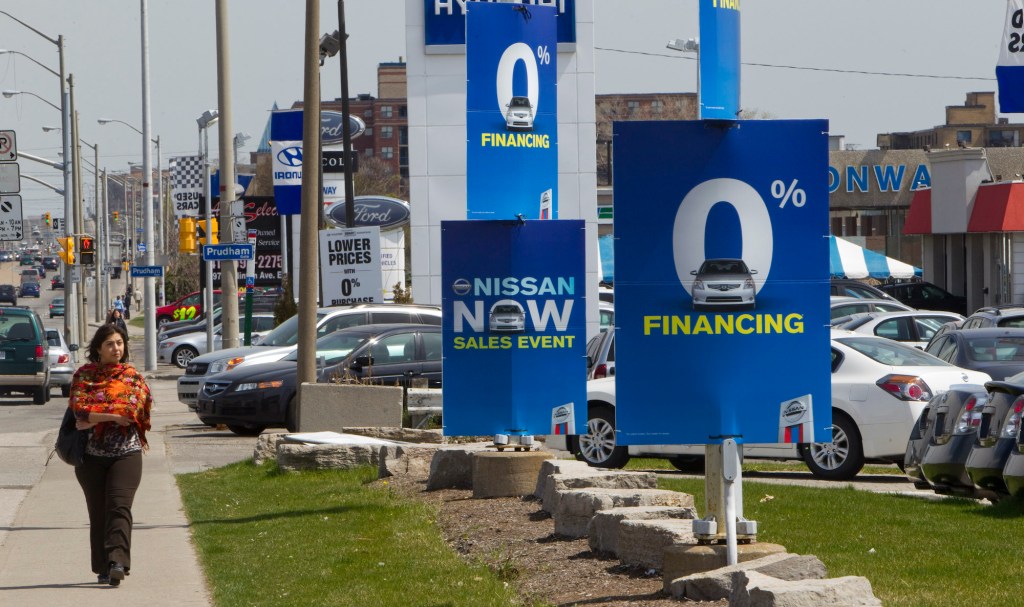
What Is the Acquisition Fee in a Car Lease and Do I Need to Pay it?
When leasing a new car, the numerous fees and numbers can seem confusing at first. However, it’s important to understand all of the fees associated with leasing. One such is the acquisition fee. But what is the acquisition fee and do you really need to pay it?
What is the acquisition fee on a car lease?

An acquisition fee is a fee that is charged by the leasing company for originating the lease, reports Cars.com. More specifically, the acquisition fee is charged to the lessee in order to cover the lender’s administration duties in drafting up – or creating – the lease. These duties include pulling your credit report and verifying your personal information. It is also sometimes referred to as the “bank fee” or the “origination fee,” so be sure to look out for those terms on the lease contract.
How much does the acquisition fee cost?

The amount of the acquisition fee can vary depending on the type of vehicle that you’re leasing. Generally speaking, an acquisition fee can set you back between $500 to $1,000, with the latter end of that range typically reserved for high-end luxury cars. To put this fee into context, it’s similar to the origination fee charged by a mortgage company when you apply for a home loan.
When leasing a new car, the acquisition fee is one of the “upfront” or “inception” fees that are due at signing. Other inception fees include the down payment, first month’s payment, vehicle registration fees, and sales tax.
Can I negotiate the acquisition fee?
Technically, no. But we always encourage buyers to negotiate a car lease just as they would a finance deal. However, keep in mind that most dealers will tell you that the acquisition fee is required as it’s a fee that’s charged by the lessor (leasing company), not the dealership itself.
Cars.com notes that some leasing companies will allow dealers to mark up the acquisition fee with the additional amount going to the dealer. This tactic is something to look out for and in that case, you should be prepared to negotiate that increased acquisition fee down.
Where does the acquisition fee show up?

When the salesperson or manager presents the lease terms and costs to you, they should go over each fee line by line. At that time, you’ll be able to see the acquisition fee upfront and negotiate accordingly if needed. Credit Karma notes that if the dealer can’t negotiate that fee, then you can always try and negotiate another fee in order to bring down the overall cost.
Some dealers may even try to include the acquisition fee into the cost of the vehicle as a way to take it off the table. However, you should avoid this tactic as the fee will then take on interest during the length of the lease, as opposed to being a flat fee upfront.
Leasing a new car can sound confusing, but it’s not
While leasing a car can sound confusing at first, it’s not. In fact, it’s very similar to financing a car with the addition of a couple of added fees like the acquisition fee. However, bear in mind that these fees (like taxes and registration) are required. But the good news is that with a lease, you won’t be required to put down a large down payment and your monthly payments will typically be lower than a financial transaction.
Lastly, just remember to have your salesperson go over each fee and term with you when leasing a car, that way, the whole process won’t be as confusing.



